
Willow Dawn Becker
 Top Cybersecurity Professors
Top Cybersecurity ProfessorsCybersecurity may seem like a sophisticated concept, and indeed takes on many forms. This can include strategies for protecting identities and private information on the web as well as making the transference of information more secure on e-commerce sites. Our list of Top Cybersecurity Professors includes those teaching and researching in the field or doing both. All of these professors have received their doctoral degrees, and many are recipients of countless awards and recognitions as well as grant funding. Others have launched very specific projects to help grow skills in students to help them be successful in this expanding field. As this list shows, there are no lack of experts and areas of interest when it comes to the subject of cybersecurity.

Dr. Wenjing Lou joined the Computer Science department at Virginia Tech as an associate professor in 2011. Her cybersecurity research interests include cyber physical systems, security and privacy in cloud computing, and wireless network security. She serves on the editorial boards for five journals, including IEEE Transactions on Wireless Communications, and helped co-found the school's Complex Networks and Security Research (CNSR) Laboratory. She's been published many different times and received countless grants including one from the National Science Foundation for $225,000 that looks at user privacy in outsourced cloud data services. She's been a senior member of IEEE since 2006, has won awards for best papers, and received her Ph.D. in Electrical and Computer Engineering from the University of Florida.

As an associate professor at Dakota State University, Dr. Josh Pauli has been published in peer-reviewed journals and presented papers at events such as the International Conference on Information Technology, as well as the International Conference on e-Learning, e-Business, and Enterprise Information Systems. He's received multiple grants, including $100,000 in August 2013 from the National Science Foundation for his "CyberSTARS Summer Camp for 10-12 graders." In October, he was a panelist at a Better Business Bureau event called "Cyber Security Reality Check: What you need to know," where he discussed cybersecurity programs available through the school and cybersecurity attacks that the business community should be on the watch for. Of note, he is employed at one of the few schools in the nation that has been selected by the National Security Agency for a Center of Academic Excellence in Cyber Operations.
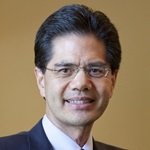
As the new Centennial Distinguished Chair in Cybersecurity at Southern Methodist University in Dallas, Dr. Frederick Chang brings a diverse background to the school gained through experience in business, academia, and the government. He plans to aggressively work to ensure that SMU students are receiving the needed education to help close the skills gap that exists in the cybersecurity field, and to collaborate with colleagues in areas related to information assurance, defending and protecting critical systems, and insider threats. He has held many key positions previously, including as director of research for the National Security Agency from 2005 to 2006. And, in fact, he received the NSA Director's Distinguished Service Medal. He has also served on the Commission on Cybersecurity for President Barack Obama and recently testified before a U.S. Congressional Committee about his concerns over lack of privacy on the federal government's healthcare.gov website.
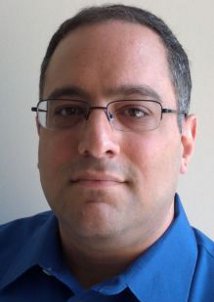
Dr. Richard Forno is director of the graduate cybersecurity program at the University of Maryland Baltimore County. His 20-years of experience in the field was garnered through government, military and private-sector service. He frequently comments about the impact of information technology upon society as well as the concept of 'information warfare,' and his research interests include cybersecurity operations, information age conflict, and risk communication. He helped to build the initial cybersecurity program for use by the U.S. House of Representatives, and has been involved with two research projects to promote information assurance and cybersecurity careers and education to students. As well, he obtained his doctoral degree in Internet Studies from Australia's Curtin University of Technology.
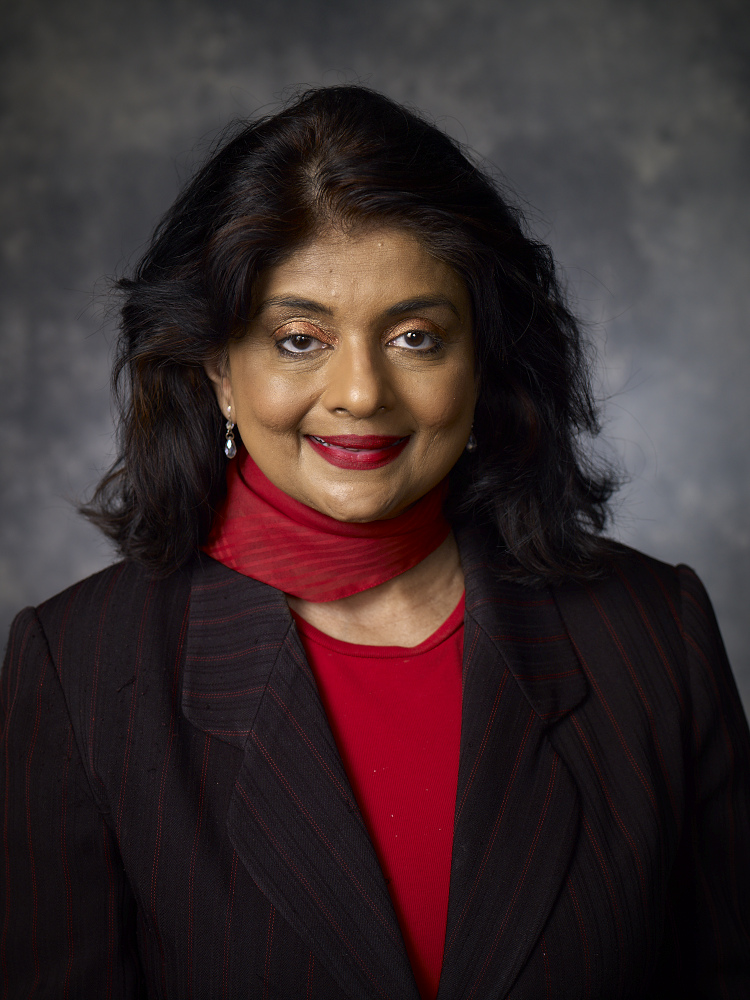
Dr. Bhavani Thuraisingham is the executive director of the Cyber Security Research and Education Center at the University of Texas at Dallas, and also a distinguished professor within the university's Department of Computer Science. She teaches courses in subjects such as Biometrics, Data and Applications Security, Digital Forensics, and Secure Cloud Computing and Information Systems Security. Her research has been published in various IEEE journals, and she has obtained several patents. She has worked professionally in the past for groups such as Honeywell, the MITRE Corporation and the National Science Foundation. She is a fellow of the American Association for the Advancement of Science, IEEE, and the British Computer Society, as well as a Distinguished Scientist with the Association for Computing Machinery.

Dr. Xinming Ou is an associate professor of computing and information sciences at Kansas State University's College of Engineering. He obtained his doctoral degree in 2005 from Princeton University and has taught classes that include Applied Cryptography, Computer and Information Security, and Cyber Defense Basics. His research interests are in computer and information security, and he's received several recognitions including the National Science Foundation's Early Career Development award in 2010. As well, Dr. Ou has received more than a dozen grants with funding coming in at above $1 million in total. He has also been published and served as a reviewer for conferences and journals.
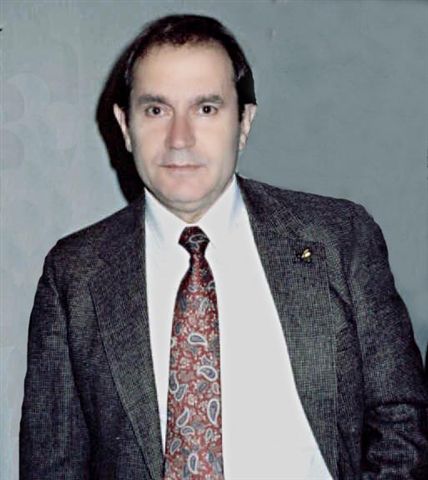
Having various roles at the New Jersey Institute of Technology, Dr. Boris S. Verkhovsky is the director of the school's Cryptography and Telecommunication Laboratory, as well as a professor of computer science. He's had multiple academic papers published in the likes of the Journal of Information Assurance and Security, and Advances in Computer Cybernetics, as well as for conferences including the International Conference on Information Technology. His research interests fall into cryptoanalysis and enhancement of cryptoimmunity, as well as many other topics related to the computer science field. He's been a member and vice president of the European Academy of Sciences, and has received many different awards, including for Outstanding Contribution to NJIT's McNair Achievement Program.
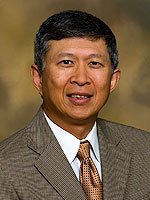
Dr. Hsinchun Chen, Regents' Professor and Thomas R. Brown Chair Professor at the Artificial Intelligence Laboratory at University of Arizona, recently obtained $5.4 million in grants for the university from the National Science Foundation. The first project, called AZSecure, has been funded through 2018 for $4.2 million and will help support approximately 40 undergraduate, graduate, and doctoral students. The other, funded for $1.2 million through 2016, looks at cyber attacks via use of social media analytics. He teaches courses such as Data and Web Mining, and Biomedical and Security Informatics. Dr. Chen has been published many different times, is a fellow in both with the American Association for the Advancement of Science and the Institute of Electrical and Electronics Engineers, and received his doctoral degree in information systems from New York University.
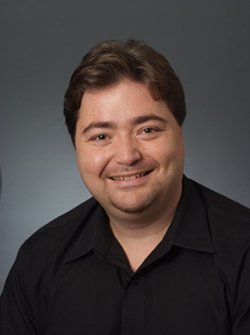
A recent recipient of the 2012 George Mason University Emerging Researcher award, Dr. Angelos Stavrou is an associate professor in the university's computer science department and teaches courses within the schools' cybersecurity program. Indeed, he is the program director for the university's Master's in Information Security and Assurance. He has expertise in areas such as intrusion detection system, privacy and anonymity, and security and reliability for distributed systems. His name, as well as several others', is listed on five different patents, and he has had various articles and conference papers published. He received his doctoral degree in computer science, with distinction, from Columbia University, and has been a senior member of the Institute of Electrical and Electronics Engineers since 2012.
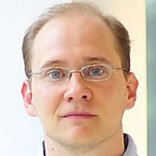
Dr. Jonathan Katz, a professor in the University of Maryland's Department of Computer Science was recently named director of the Maryland Cybersecurity Center, which works with government and industry to provide the educational programs needed to create an effective cybersecurity workface. He's been employed as a security consultant and research scientist in private industry in the past, and has received countless research grants. He's also served on the editorial board for several different publications, including, most recently, the Journal of Computer and System Sciences, and has had countless journal articles and several book chapters published. He also co-authored the 2007 book, "Introduction to Modern Cryptography."
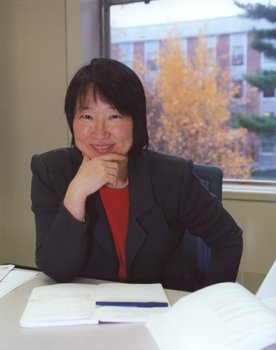
Dr. Ruby Lee is a professor of electrical engineering at Princeton University and director of the Princeton Architecture Lab for Multimedia and Security. She teaches both undergraduate and graduate level courses, including a bachelor's-degree level Cybersecurity course. Before joining Princeton in 1998, she was the chief architect for Hewlett-Packard and responsible for different areas that included multimedia architecture, processor architecture and security architecture for e-commerce and extended enterprises. She is the associate editor-in-chief for IEEE Micro and serves on the editorial board for IEEE Security and Privacy. Dr. Lee has received more than 115 U.S. and international patents, and has more in the pending stages. Her doctoral degree and master's degree in electrical engineering were both completed at Stanford University.
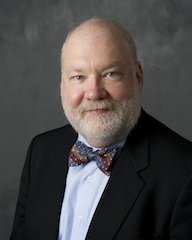
Dr. Eugene Spafford, a professor of computer science at Purdue University, in Indiana, was inducted into the National Cyber Security Hall of Fame in October 2013. He founded the Center for Education and Research in Information Assurance and Security, otherwise, know as CERIAS, and has research interests that include computer and network security, cybercrime and ethics, and others. He is a distinguished fellow of the Information Systems Security Association and has been named a fellow in many other organizations including the American Association for the Advancement of Science. He also recently received the Harold F. Tipton Lifetime Achievement Award, which is given to those making significant contributions in the information security field

An associate professor at Northeastern University, Dr. William Robertson is affiliated both with the College of Computer and Information Science and The College of Engineering. His interests include anomaly detection, program analysis, security of electronic voting, and Web security. He's had many conference papers published and articles that have been included in the Journal of Computer Security and Journal of Computer Networks. He also co-directs the university's Systems Security Lab with a colleague, and co-chairs the USENIX Workshop on Offensive Technologies. He previously co-founded WebWise Security, Inc., where he was involved with creating a high-speed Web-application firewall.

Dr. Shafi Goldwasser is a professor of computer science and engineering at the Massachusetts Institute of Technology, and a co-leader of the school's cryptography and information security group. In March of 2013, she received a $250,000 Turing Award from the Association for Computing Machinery along with another MIT professor for advancements made in the science of cryptography. She was also made a fellow with the Massachusetts Academy of Science in 2013. She's received many additional honors and awards including the IEEE Emanuel R. Piore Award in 2011. She's co-authored papers that have been published in the likes of the Journal of Computer Science and Systems, and Journal of the ACM, and has received five grants funded from the National Science Foundation since 2004. The most recent, which ended in August of 2013, was entitled "Trustworthy Computing: Securing Programs and Data In Remote and Hostile Environments."

Dr. Alexander Barg, an adjunct professor with the University of Maryland's Department of Computer Science and a professor in its Department of Electrical and Computer Engineering with a joint appointment at the Institute for Systems Research, has cybersecurity interests in anti-collusion fingerprinting and information-theoretic security. He's taught graduate-level classes such as Error Correcting Codes, Cryptography, Network Coding, and Information Theory, and attended and participated in a wide variety of conferences. He's been published many different times and given talks on his interests in locations as far away as Seoul. He received his doctoral degree in electrical engineering from the Institute for Problems in Information Transmission (IPPI) of the Russian Academy of Sciences, Moscow.
The following criteria were used in compiling this list of Top Cybersecurity Professors. Not all criteria below applied to each and every professor, but many of the listed professors may have:
Many of these professors have become involved in research or projects that have looked at new approaches in information assurance or protecting privacy on the Internet.
Many of these professors have received grant funding for their research, often coming through National Science Foundation grants or other granting institutions.
Many of these professors have co-authored academic articles about cybersecurity, with many being published in IEEE journals.
All of the professors on this list have received doctoral-level degrees, and have strongly-grounded computer science knowledge.

Willow Dawn Becker
Willow is a blogger, parent, former educator and regular contributor to www.forensicscolleges.com. When she's not writing about forensic science, you'll find her blogging about education online, or enjoying the beauty of Oregon.